[Source: https://www.desmoinesregister.com/story/news/investigations/2019/11/26/iowa-may-alone-felon-voting-ban-kentucky-prepares-drop-practice/4127351002/
The Des Moines Register, 26 November 2019, by Jason Clayworth]
Iowa is poised to become the only state that permanently bans felons from voting unless they receive gubernatorial approval — a distinction some opponents of the practice predict will result in legal and political consequences for the state.
Kentucky is currently the only other state with such a ban. But its governor-elect, Andy Beshear, has promised to sign an executive order restoring the rights of more than 100,000 people affected by the ban. He is to be inaugurated Dec. 10.
Blair Bowie, a lawyer for the Campaign Legal Center, a nonpartisan group based in Washington, D.C., said if that happens, Iowa will be “first in the nation in presidential primaries, last in the nation in voter disenfranchisement.”
More than 60,000 people in Iowa — a number that is greater than the populations of 89 of the state’s 99 counties — are currently prohibited from voting.
Being the lone state with such a law makes Iowa more prone to legal challenges, including a potential argument that it violates the U.S. Constitution’s Eighth Amendment, which prohibits “cruel and unusual punishment,” Bowie says.
Part of the Bill of Rights, the Eighth Amendment was an essential part of the argument in cases in 2017 that led the U.S. Supreme Court to invalidate laws in some states requiring mandatory life-without-parole sentences for some juvenile offenders, including Iowa.
Gov. Kim Reynolds has so far resisted signing an executive order that would restore felon voting rights in Iowa, an action that could be reversed by future governors. She has advocated instead for amending Iowa’s Constitution, a far more complicated and lengthy process. But several groups have urged her to take action.
The Legal Center recently hired staff to solicit felon voter restoration applications to be submitted to Reynolds before the Feb. 3 caucuses. The group does not plan to pursue ligation against Iowa, but other groups have said they are considering it.
The Brennan Center for Justice and the League of Women Voters of Iowa, for example, put the state on notice earlier this year about some of the problems associated with Iowa’s administration of the felon voter ban. They contend the state has inaccurately excluded voters and violates federal law. Officials from both groups told the Register last week that they continue to review the matter.
And members of organizations such as InsideOut Reentry Community, a group that helps people return to society after prison, said they would consider joining federal complaints or litigation against the state, if necessary, to resolve problems associated with the ban.
“Iowa has been very progressive in a lot of what they’ve done, and to be this far on the other side of something I think is embarrassing to us,” said Michelle Heinz, executive director ofInside Out Reentry. “Governor Reynolds has the power today to make the change, and I think that’s what needs to happen.”
Thousands listed in error
Thousands of people have been erroneously listed in a state database that labels them felons who are ineligible to vote, the Des Moines Register found during an ongoing review of the state’s election systems that began last year.
In 2016, 2,591 people had their voting rights restored after staff for Iowa Secretary of State Paul Pate determined they were incorrectly listed, records obtained by the Register show.
But problems persist. A Des Moines Register review of six of Iowa’s counties, published earlier this year, found that the ballots of more than two dozen voters were wrongly rejected since 2017 — including 20 in the November 2018 midterm elections — because their names mistakenly appeared on the felon list the state circulates to county officials.
In addition, a Register review in September found that at least 69 Iowans who had been convicted in other states, and who had their voting rights restored after serving sentences there, remained on the list of felons ineligible to vote — despite an Iowa policy to recognize such restorations.
On top of that, the Register has identified people whose rights Reynolds restored, yet remain listed in the felon database as ineligible to vote.
Pate announced on Nov. 20 that his staff will manually review each of the more than 90,000 files in the felon database in a six-step verification process it hopes to complete before next year’s general election.
“We are improving our processes to make sure eligible voters are not deterred from casting ballots,” Pate said in a news release. “My staff is going to dig through every record, no matter how old, double- and triple-check the information with the courts, and make sure everything is correct.”
Pam Hammond of Iowa City is among convicted felons who have received Reynolds’ approval to resume voting, yet remain on the ineligible list.
Hammond in 2014 pleaded guilty and was sentenced to three years of probation for theft from an elderly man in Eldora while she was his caregiver. She contends the accusations against her were false and said her guilty plea was an effort to end a legal nightmare that could have resulted in up to 10 years of prison time.
She said she’s a part-time resident of two different counties as she tries to get her life back on track and hasn’t tried to vote since Reynolds granted her voter restoration on Nov. 2, 2018. She didn’t know her name remained on the felon voting list until the Register contacted her in November.
Pat Garrett, a spokesman for Reynolds, said the names and identifying information of restored voters are delivered to Pate’s office. Pate’s office did not respond to a reporter’s questions about the issue.
Hammond said she doesn’t begrudge Reynolds or state election officials for what she believes is an unintentional administrative error.
“My life has been unsettled for years,” said Hammond, 65. “Am I bitter? Absolutely not, because I happen to have a very strong faith in God, and I know I’m where I’m supposed to be.”
Amendment attempt falters
Reynolds, a Republican, this year followed the advice of a state advisory panel and asked lawmakers to launch a process to amend Iowa’s Constitution and restore the voting rights of felons.
But the effort died in the Senate, where members of the GOP majority voiced concerns about what qualifies as a “completed sentence” — for example, asking whether someone who had served a prison sentence or probation but had not yet paid full restitution should be eligible.
The governor has said she will try again in the next legislative session.
Reynolds could issue an executive order requiring the state to recognize felon voter rights. But she has said she prefers that the change be handled through the amendment process, which requires the measure receive approval from the full Legislature in two successive two-year sessions before it can be placed on the ballot for a statewide vote.
Reynolds has said amending the Constitution would avoid adding more confusion to the complicated situation that resulted when Gov. Tom Vilsack, a Democrat, issued an order in 2005 restoring felon voting rights, and Gov. Terry Branstad, a Republican, rescinded it in 2011.
Reynolds — whose administration this year simplified the application process and eliminated a $15 processing fee — has received at least 644 voter restoration applications in the past year. She approved 179, but the rest were pending as of a Nov. 7 check, due mostly to a backlog of legal reviews by the governor’s staff and the Iowa Department of Public Safety.
Reynolds’ staff has told applicants that the process could take more than a year, according to some of the participants in an Oct. 7 forum in Iowa City hosted by InsideOut Reentry Community.
“She has made several different attempts at trying to simplify that process, but she’s not happy with it. We’re not happy with it,” Sam Langholz, the governor’s senior legal counsel, told forum participants.
Reynolds has on multiple occasions spoken publicly about the need for society to give people second chances, noting her own criminal history involving two drunken-driving convictions from about 20 years ago.
In Iowa, a third drunk-driving conviction is a felony that results in the defendant losing the right to vote.
During the October forum, Langholz referenced Reynolds’ openness about her past legal troubles to underscore how serious he says she is about restoring voting rights as a way to reintegrate people into society.
“Second chances are important to her,” Langholz said. “She understands from her own involvement in the criminal justice system that people should not be judged by their worst day.”
Advocates push for action
Some voting rights groups have voiced support for Reynolds’ efforts to pass an amendment ending Iowa’s felon voting ban. But in light of current concerns — the multiyear process, the backlog of hundreds of restoration applications and the longtime inaccuracies of the felon database — they also say the governor should sign an executive order to immediately guarantee the restoration of voter rights for those on the list.
Heinz, the leader of Inside Out Reentry, said people who are unable to vote often feel labeled or shamed and are unable to fully rejoin society after their sentences are served, issues that contribute to recidivism.
Some of the groups, including the League of Women Voters of Iowa, have compared the felon voter prohibition to Jim Crow laws enacted by white-dominated legislatures to enforce racial segregation in the 19th and early 20th centuries. Black people in Iowa are imprisoned at 11 times the rate of white people, according to the Sentencing Project.
“You don’t know how it feels when you go outside and you see everybody with an “I voted’ sticker, and you can’t get one of those,” said Eric Harris, 40, a black Iowa City resident who can’t vote because of a 2014 felony conviction for eluding police. “It just makes you feel like you’re less of a citizen.”
Reynolds’ staff reviewed automatic felon voter restorations during a period when Vilsack’s executive order was in effect and concluded it did not have a significant impact on the number of Iowa voter registrations and didn’t appear to favor one party over another, Langholz said during the October forum.
But election results sometimes hinge on a few votes, so even a fragment of the population who can’t participate could potentially sway an outcome, noted Alison Guernsey, a University of Iowa law school associate professor whose legal clinic assists people in applying for voter restoration.
“This is an important issue that we all should be concerned about, not just because we want people to participate in democracy but we want everybody to participate — or have the opportunity to participate — equally,” Guernsey said.




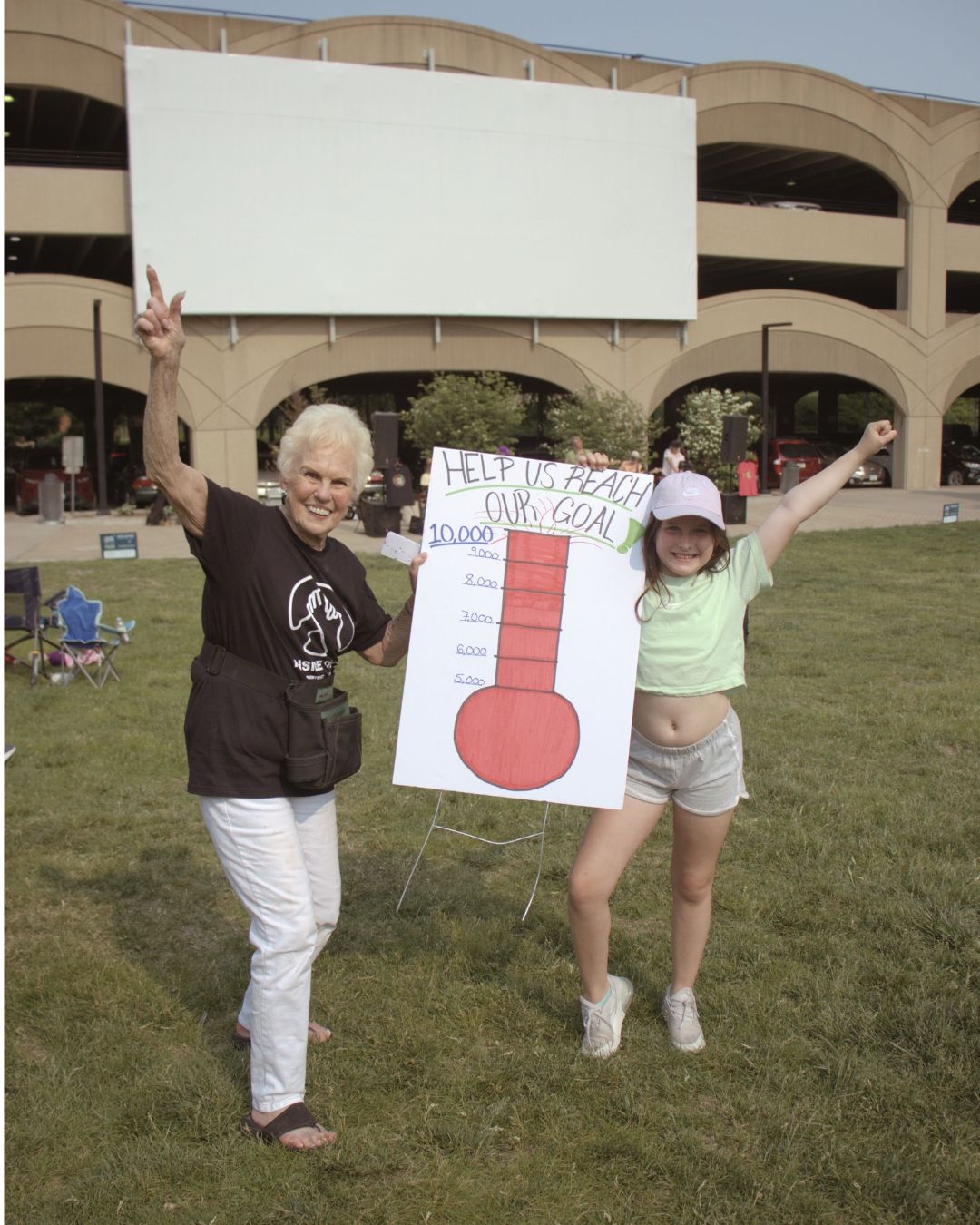
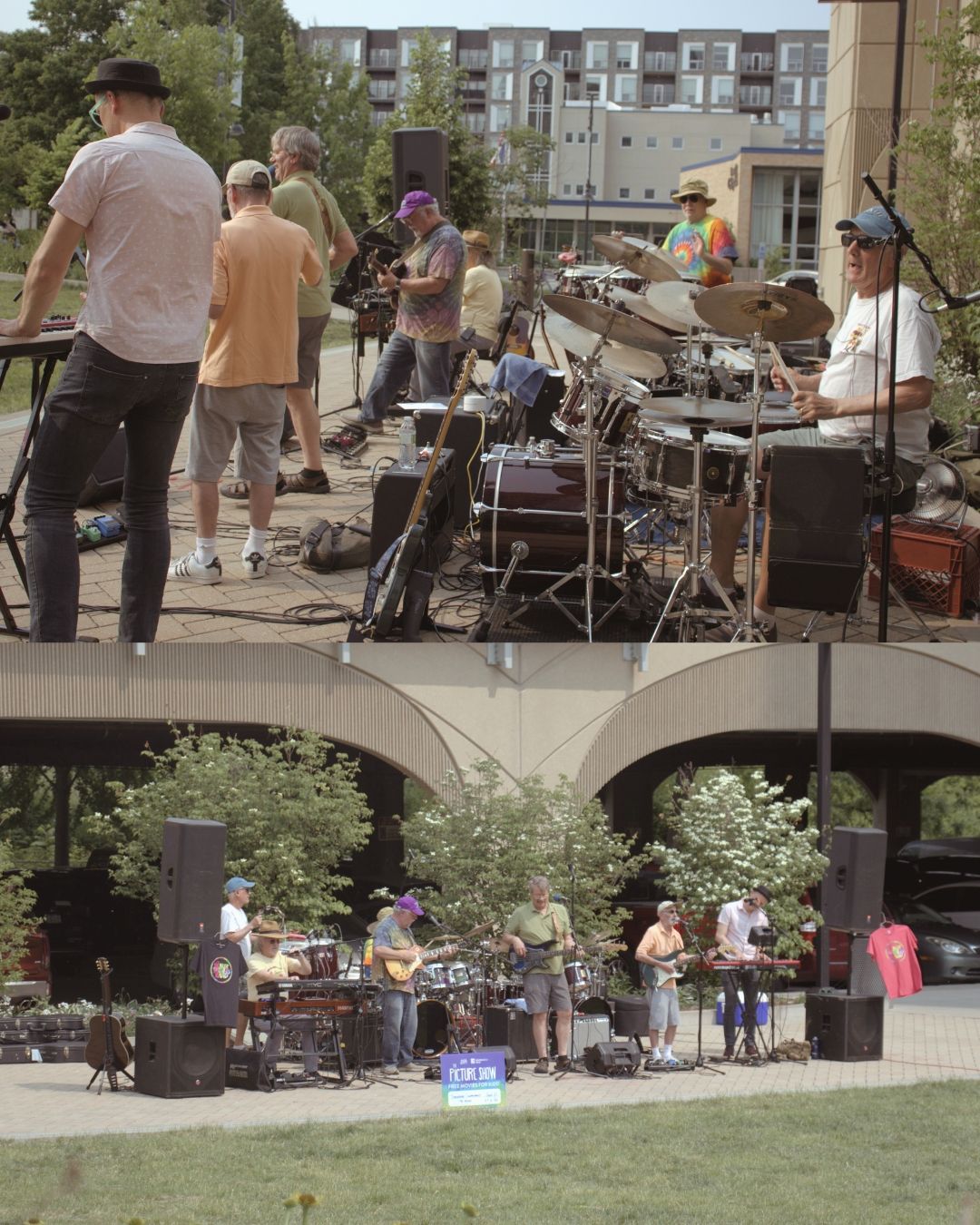
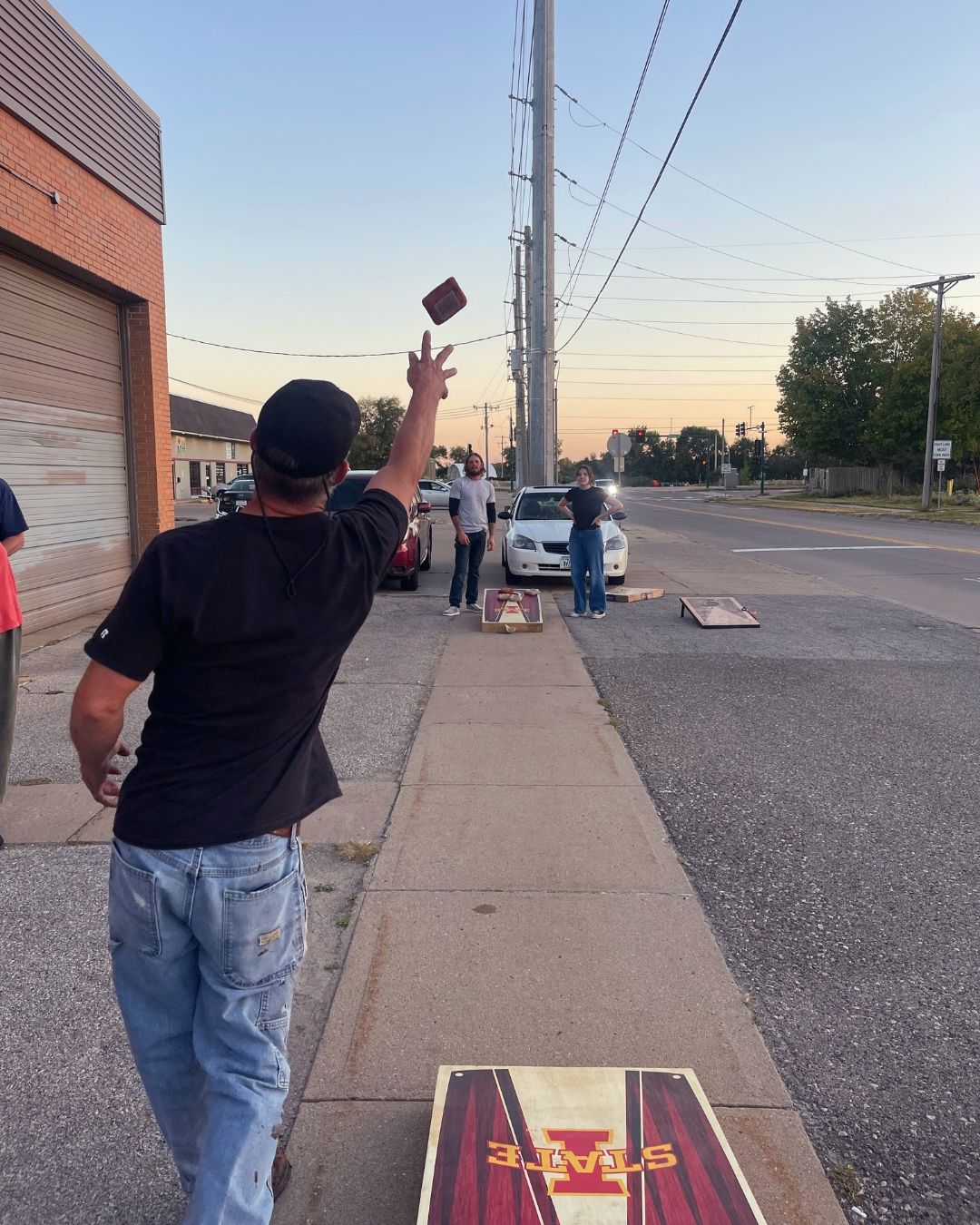



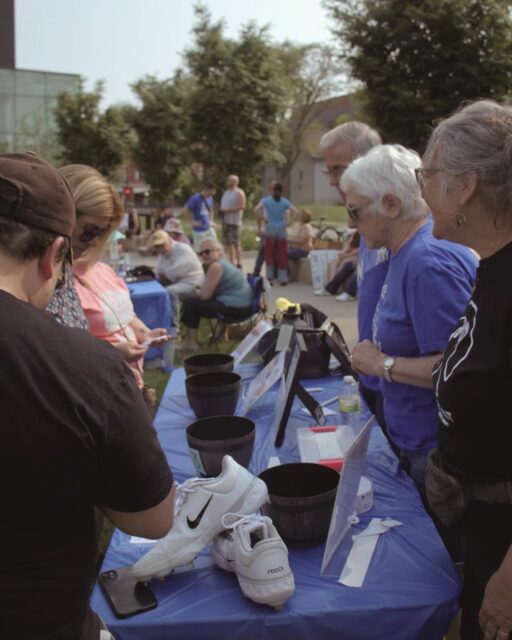


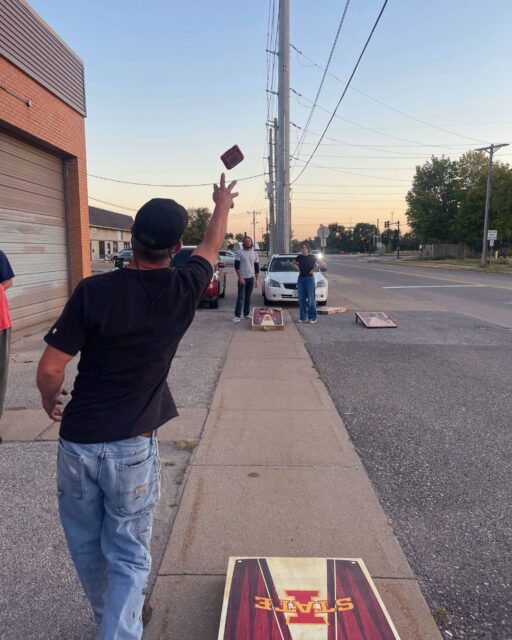

Last Updated: August 17, 2020 by InsideOut Reentry
Iowa could soon be alone in the nation with felon voting ban — and become a bigger target for ban’s opponents
[Source: https://www.desmoinesregister.com/story/news/investigations/2019/11/26/iowa-may-alone-felon-voting-ban-kentucky-prepares-drop-practice/4127351002/
The Des Moines Register, 26 November 2019, by Jason Clayworth]
Iowa is poised to become the only state that permanently bans felons from voting unless they receive gubernatorial approval — a distinction some opponents of the practice predict will result in legal and political consequences for the state.
Kentucky is currently the only other state with such a ban. But its governor-elect, Andy Beshear, has promised to sign an executive order restoring the rights of more than 100,000 people affected by the ban. He is to be inaugurated Dec. 10.
Blair Bowie, a lawyer for the Campaign Legal Center, a nonpartisan group based in Washington, D.C., said if that happens, Iowa will be “first in the nation in presidential primaries, last in the nation in voter disenfranchisement.”
More than 60,000 people in Iowa — a number that is greater than the populations of 89 of the state’s 99 counties — are currently prohibited from voting.
Being the lone state with such a law makes Iowa more prone to legal challenges, including a potential argument that it violates the U.S. Constitution’s Eighth Amendment, which prohibits “cruel and unusual punishment,” Bowie says.
Part of the Bill of Rights, the Eighth Amendment was an essential part of the argument in cases in 2017 that led the U.S. Supreme Court to invalidate laws in some states requiring mandatory life-without-parole sentences for some juvenile offenders, including Iowa.
Gov. Kim Reynolds has so far resisted signing an executive order that would restore felon voting rights in Iowa, an action that could be reversed by future governors. She has advocated instead for amending Iowa’s Constitution, a far more complicated and lengthy process. But several groups have urged her to take action.
The Legal Center recently hired staff to solicit felon voter restoration applications to be submitted to Reynolds before the Feb. 3 caucuses. The group does not plan to pursue ligation against Iowa, but other groups have said they are considering it.
The Brennan Center for Justice and the League of Women Voters of Iowa, for example, put the state on notice earlier this year about some of the problems associated with Iowa’s administration of the felon voter ban. They contend the state has inaccurately excluded voters and violates federal law. Officials from both groups told the Register last week that they continue to review the matter.
And members of organizations such as InsideOut Reentry Community, a group that helps people return to society after prison, said they would consider joining federal complaints or litigation against the state, if necessary, to resolve problems associated with the ban.
“Iowa has been very progressive in a lot of what they’ve done, and to be this far on the other side of something I think is embarrassing to us,” said Michelle Heinz, executive director ofInside Out Reentry. “Governor Reynolds has the power today to make the change, and I think that’s what needs to happen.”
Thousands listed in error
Thousands of people have been erroneously listed in a state database that labels them felons who are ineligible to vote, the Des Moines Register found during an ongoing review of the state’s election systems that began last year.
In 2016, 2,591 people had their voting rights restored after staff for Iowa Secretary of State Paul Pate determined they were incorrectly listed, records obtained by the Register show.
But problems persist. A Des Moines Register review of six of Iowa’s counties, published earlier this year, found that the ballots of more than two dozen voters were wrongly rejected since 2017 — including 20 in the November 2018 midterm elections — because their names mistakenly appeared on the felon list the state circulates to county officials.
In addition, a Register review in September found that at least 69 Iowans who had been convicted in other states, and who had their voting rights restored after serving sentences there, remained on the list of felons ineligible to vote — despite an Iowa policy to recognize such restorations.
On top of that, the Register has identified people whose rights Reynolds restored, yet remain listed in the felon database as ineligible to vote.
Pate announced on Nov. 20 that his staff will manually review each of the more than 90,000 files in the felon database in a six-step verification process it hopes to complete before next year’s general election.
“We are improving our processes to make sure eligible voters are not deterred from casting ballots,” Pate said in a news release. “My staff is going to dig through every record, no matter how old, double- and triple-check the information with the courts, and make sure everything is correct.”
Pam Hammond of Iowa City is among convicted felons who have received Reynolds’ approval to resume voting, yet remain on the ineligible list.
Hammond in 2014 pleaded guilty and was sentenced to three years of probation for theft from an elderly man in Eldora while she was his caregiver. She contends the accusations against her were false and said her guilty plea was an effort to end a legal nightmare that could have resulted in up to 10 years of prison time.
She said she’s a part-time resident of two different counties as she tries to get her life back on track and hasn’t tried to vote since Reynolds granted her voter restoration on Nov. 2, 2018. She didn’t know her name remained on the felon voting list until the Register contacted her in November.
Pat Garrett, a spokesman for Reynolds, said the names and identifying information of restored voters are delivered to Pate’s office. Pate’s office did not respond to a reporter’s questions about the issue.
Hammond said she doesn’t begrudge Reynolds or state election officials for what she believes is an unintentional administrative error.
“My life has been unsettled for years,” said Hammond, 65. “Am I bitter? Absolutely not, because I happen to have a very strong faith in God, and I know I’m where I’m supposed to be.”
Amendment attempt falters
Reynolds, a Republican, this year followed the advice of a state advisory panel and asked lawmakers to launch a process to amend Iowa’s Constitution and restore the voting rights of felons.
But the effort died in the Senate, where members of the GOP majority voiced concerns about what qualifies as a “completed sentence” — for example, asking whether someone who had served a prison sentence or probation but had not yet paid full restitution should be eligible.
The governor has said she will try again in the next legislative session.
Reynolds could issue an executive order requiring the state to recognize felon voter rights. But she has said she prefers that the change be handled through the amendment process, which requires the measure receive approval from the full Legislature in two successive two-year sessions before it can be placed on the ballot for a statewide vote.
Reynolds has said amending the Constitution would avoid adding more confusion to the complicated situation that resulted when Gov. Tom Vilsack, a Democrat, issued an order in 2005 restoring felon voting rights, and Gov. Terry Branstad, a Republican, rescinded it in 2011.
Reynolds — whose administration this year simplified the application process and eliminated a $15 processing fee — has received at least 644 voter restoration applications in the past year. She approved 179, but the rest were pending as of a Nov. 7 check, due mostly to a backlog of legal reviews by the governor’s staff and the Iowa Department of Public Safety.
Reynolds’ staff has told applicants that the process could take more than a year, according to some of the participants in an Oct. 7 forum in Iowa City hosted by InsideOut Reentry Community.
“She has made several different attempts at trying to simplify that process, but she’s not happy with it. We’re not happy with it,” Sam Langholz, the governor’s senior legal counsel, told forum participants.
Reynolds has on multiple occasions spoken publicly about the need for society to give people second chances, noting her own criminal history involving two drunken-driving convictions from about 20 years ago.
In Iowa, a third drunk-driving conviction is a felony that results in the defendant losing the right to vote.
During the October forum, Langholz referenced Reynolds’ openness about her past legal troubles to underscore how serious he says she is about restoring voting rights as a way to reintegrate people into society.
“Second chances are important to her,” Langholz said. “She understands from her own involvement in the criminal justice system that people should not be judged by their worst day.”
Advocates push for action
Some voting rights groups have voiced support for Reynolds’ efforts to pass an amendment ending Iowa’s felon voting ban. But in light of current concerns — the multiyear process, the backlog of hundreds of restoration applications and the longtime inaccuracies of the felon database — they also say the governor should sign an executive order to immediately guarantee the restoration of voter rights for those on the list.
Heinz, the leader of Inside Out Reentry, said people who are unable to vote often feel labeled or shamed and are unable to fully rejoin society after their sentences are served, issues that contribute to recidivism.
Some of the groups, including the League of Women Voters of Iowa, have compared the felon voter prohibition to Jim Crow laws enacted by white-dominated legislatures to enforce racial segregation in the 19th and early 20th centuries. Black people in Iowa are imprisoned at 11 times the rate of white people, according to the Sentencing Project.
“You don’t know how it feels when you go outside and you see everybody with an “I voted’ sticker, and you can’t get one of those,” said Eric Harris, 40, a black Iowa City resident who can’t vote because of a 2014 felony conviction for eluding police. “It just makes you feel like you’re less of a citizen.”
Reynolds’ staff reviewed automatic felon voter restorations during a period when Vilsack’s executive order was in effect and concluded it did not have a significant impact on the number of Iowa voter registrations and didn’t appear to favor one party over another, Langholz said during the October forum.
But election results sometimes hinge on a few votes, so even a fragment of the population who can’t participate could potentially sway an outcome, noted Alison Guernsey, a University of Iowa law school associate professor whose legal clinic assists people in applying for voter restoration.
“This is an important issue that we all should be concerned about, not just because we want people to participate in democracy but we want everybody to participate — or have the opportunity to participate — equally,” Guernsey said.
Category: media